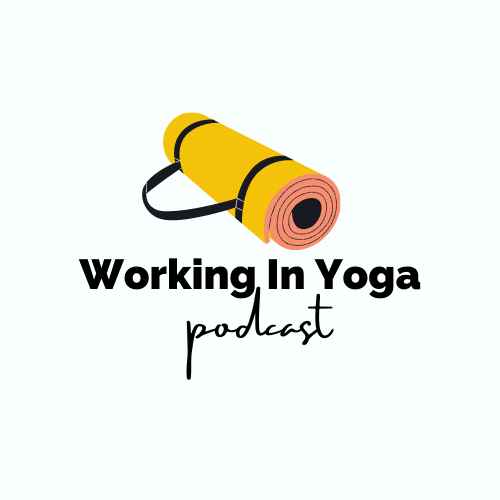We Might Be Wrong. A Perfectionism Conversation with Daniel Simpson
I think a lot of people are like me, we enjoy being right more than we like being wrong.
But I also think that leads a lot of us down this path of seeking the ever-elusive perfection, and that causes us some challenges that we might not have otherwise had.
So Daniel Simpson and I get into why I am maybe wrong sometimes (or a lot of the time), how we can evolve yoga past this idea of only personal liberation, but also focusing on being good citizens in the world, and more.
You are gonna love this chat.
KEY TAKEAWAYS:
*Is praising our students just a version of praising yourself? That is an interesting train of thought, and I am curious of your what you think about it. I had a good long reflection about this after my conversation with Daniel, and I realized that I have never much been into praising my students, I just really love telling them that they are great. What about you? Are you a praise teacher? Do you like being praised as a student?
*If we are all one, how do we have relationships with each other? There is something I want to highlight about that question because I talk a lot to folks about how to use yoga philosophy and lifestyle principles to connect with other people. I think our relationships (of all kinds, I am not just talking about romantic relationships) are some of the most meaningful and nurturing experiences we can have in our lives, and there is a lot of data to support that claim. Have you read The Good Life by Drs. Robert Waldinger and Marc Schulz? If you are curious to explore more about the science behind this topic it is a good and easy read.
*Liberation from yoga is liberation from wanting anything.
*We can develop an understanding that while yoga texts ask us to become better versions of ourselves, we also can take this knowledge and become better citizens in the world. I love this idea that Daniel puts forth to us. Can we expand our understanding of liberation to also understand our relationships with each other and our greater communities?
*We have to find a way to acknowledge our individual experience within a collective experience. As I talked about in the chat, I use this concept very directly while teaching yoga asana classes. I build in time within my classes where my students have the opportunity to answer the call of what their own experience and body needs, and there are also times in that same class where we come together to have a collective experience. Nervous system co-regulation is pretty magical for creating the collective experience, and it is our job as yoga pros to remind our students to also answer that individual call as well.
*Stop getting so hung up on “me” and instead be open to the idea that “I might be wrong”. I am going to work on this one, probably for the rest of my life.
RESOURCES
SPONSOR

